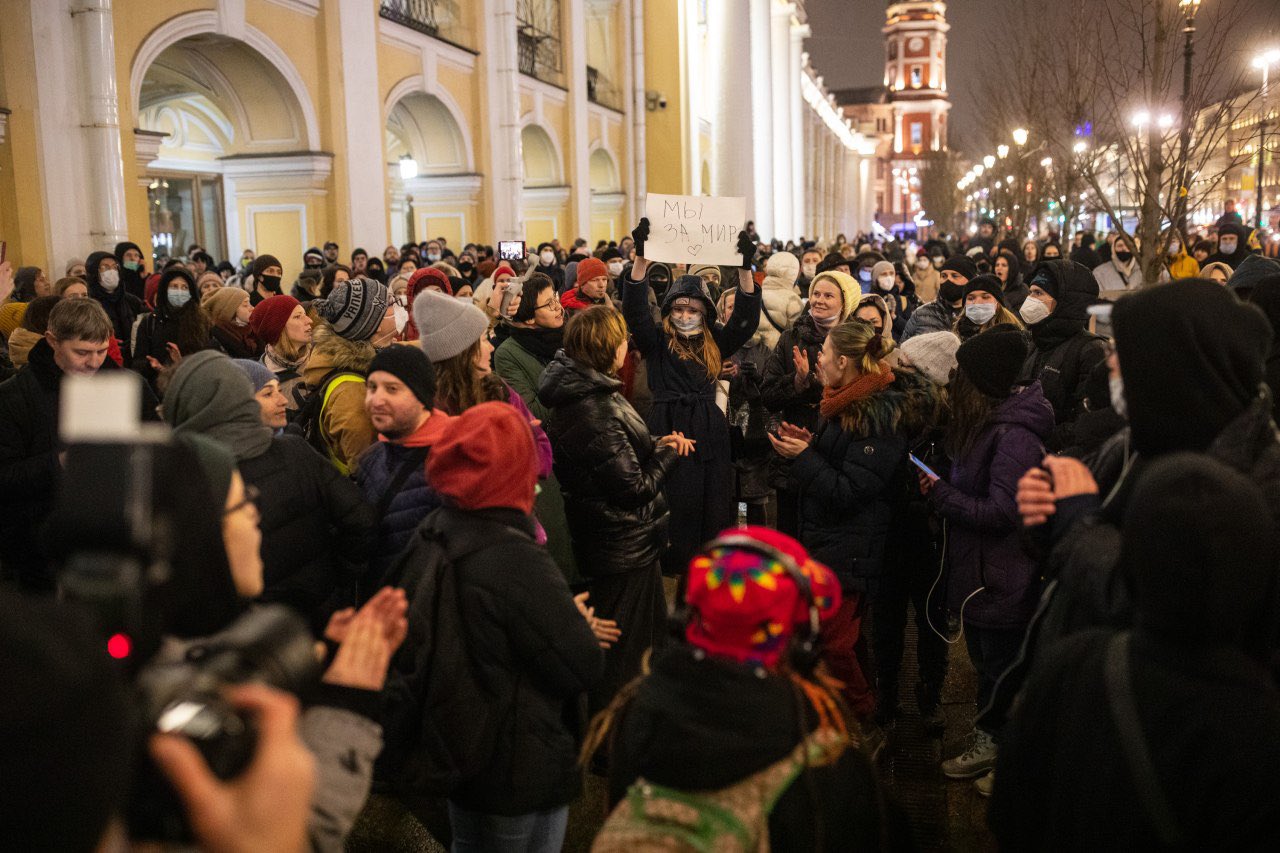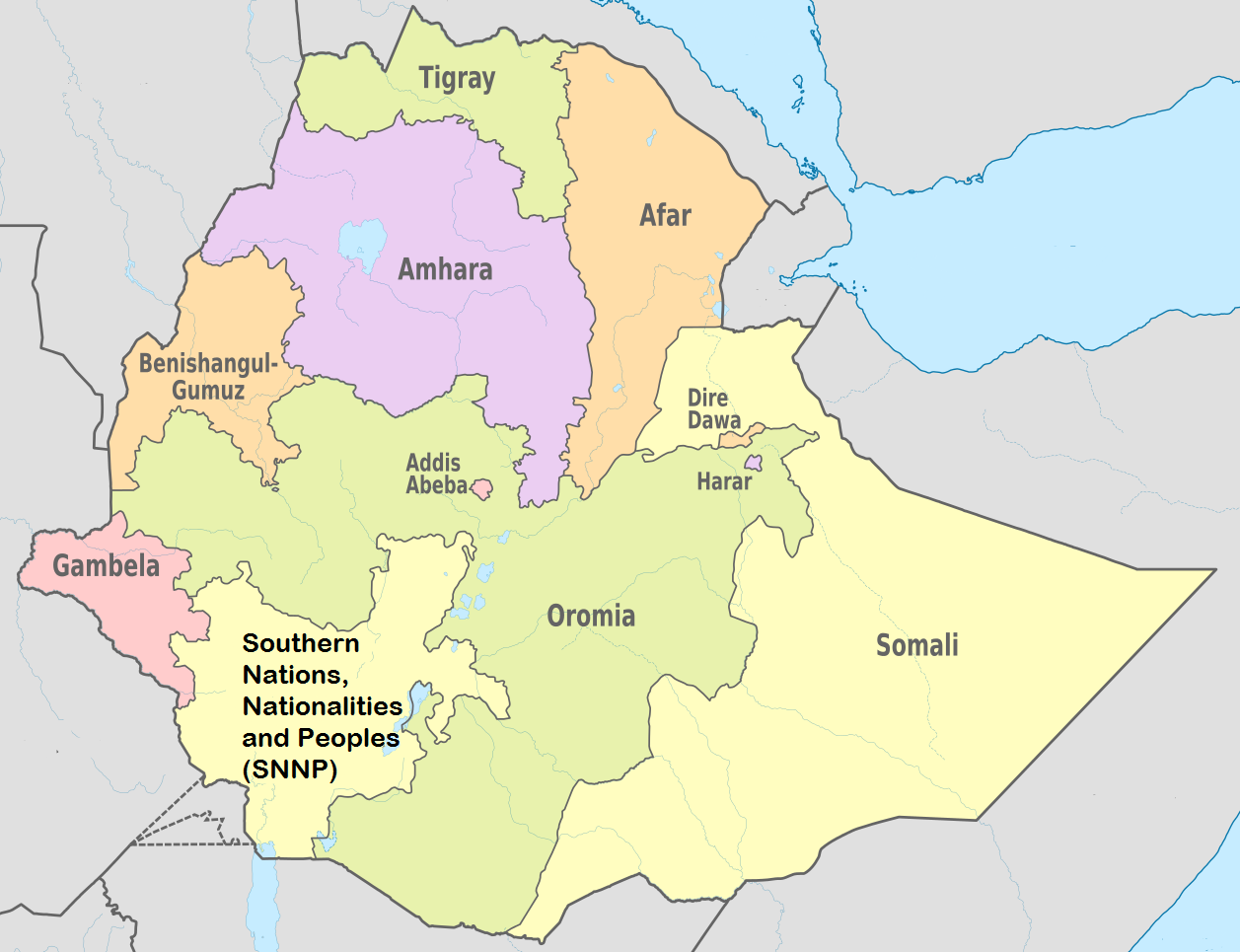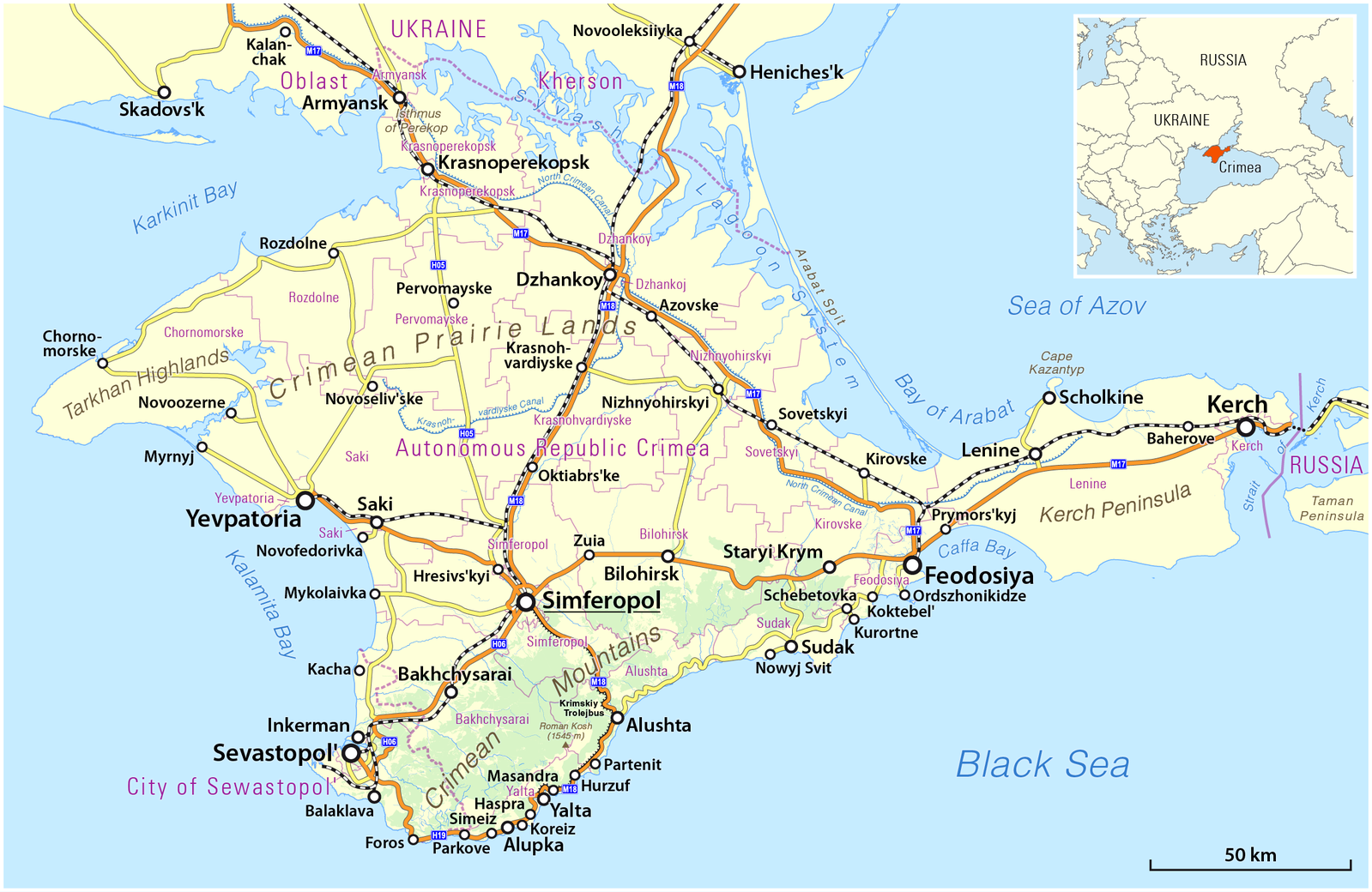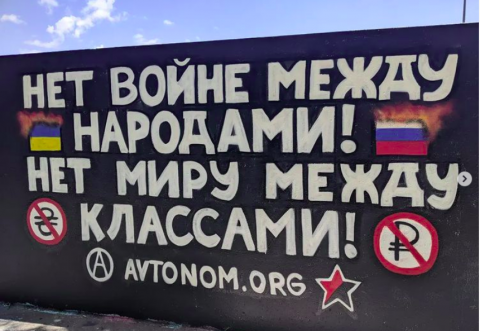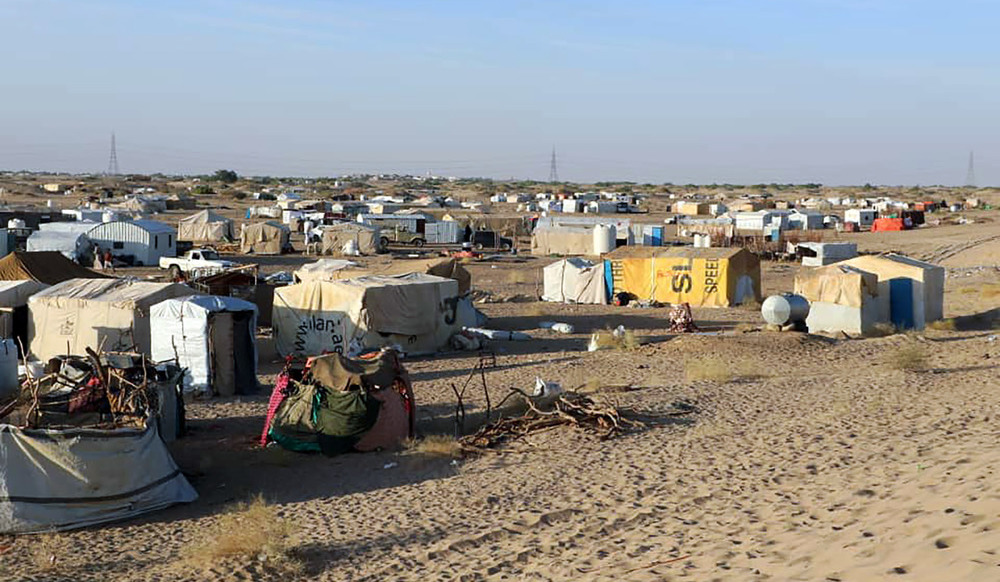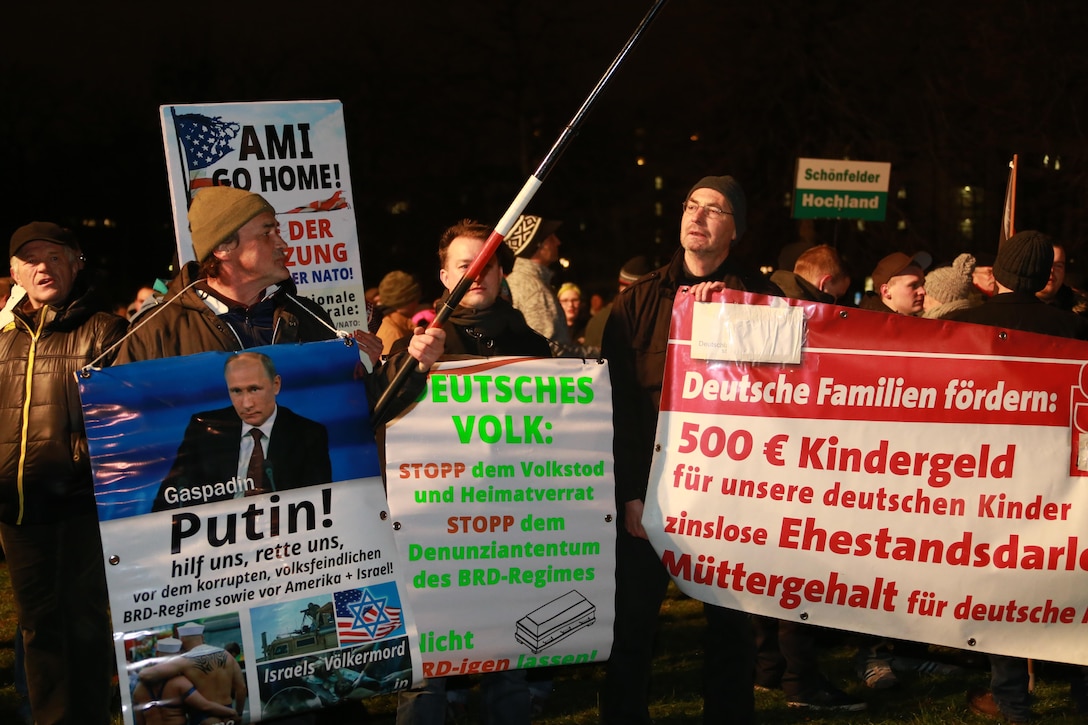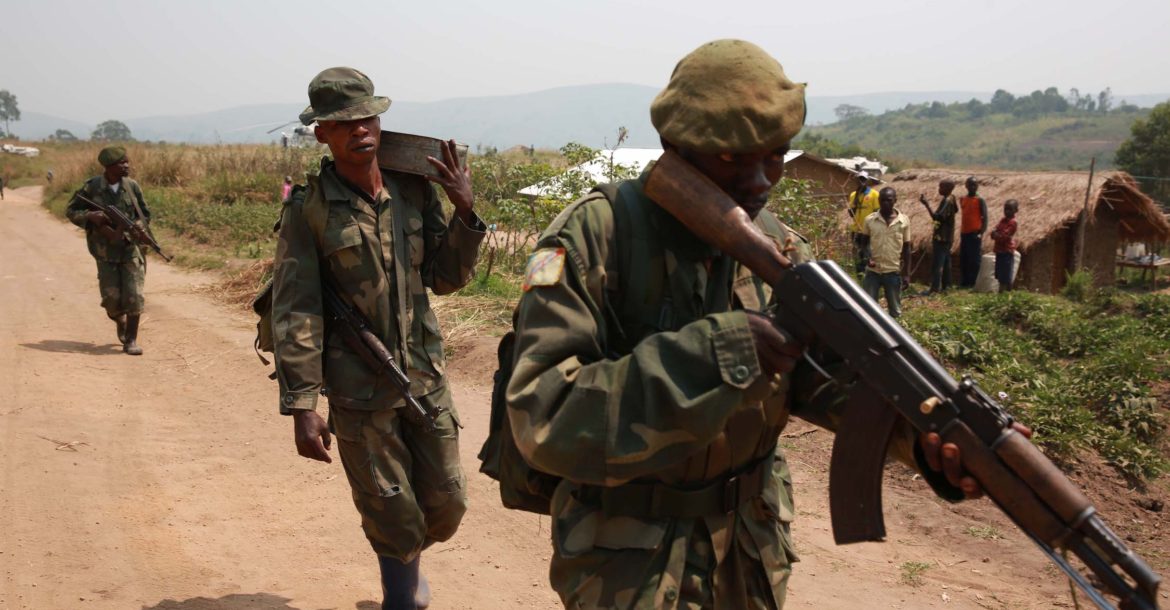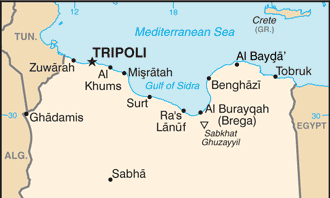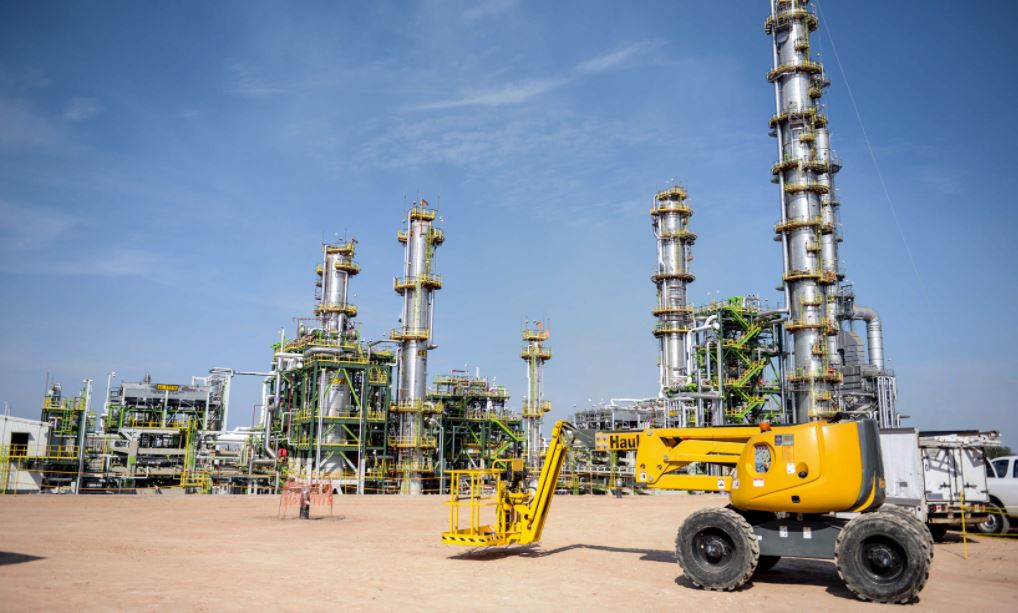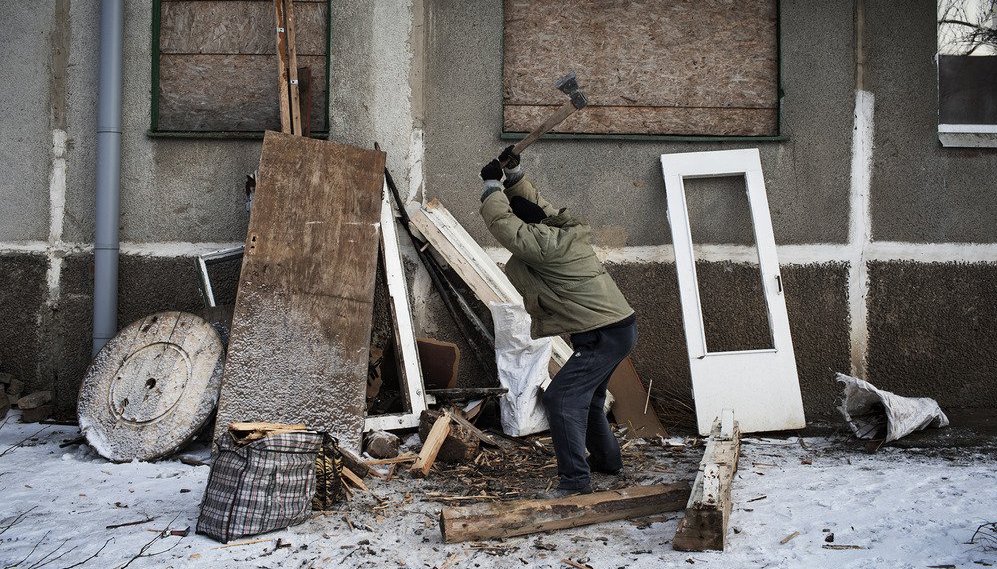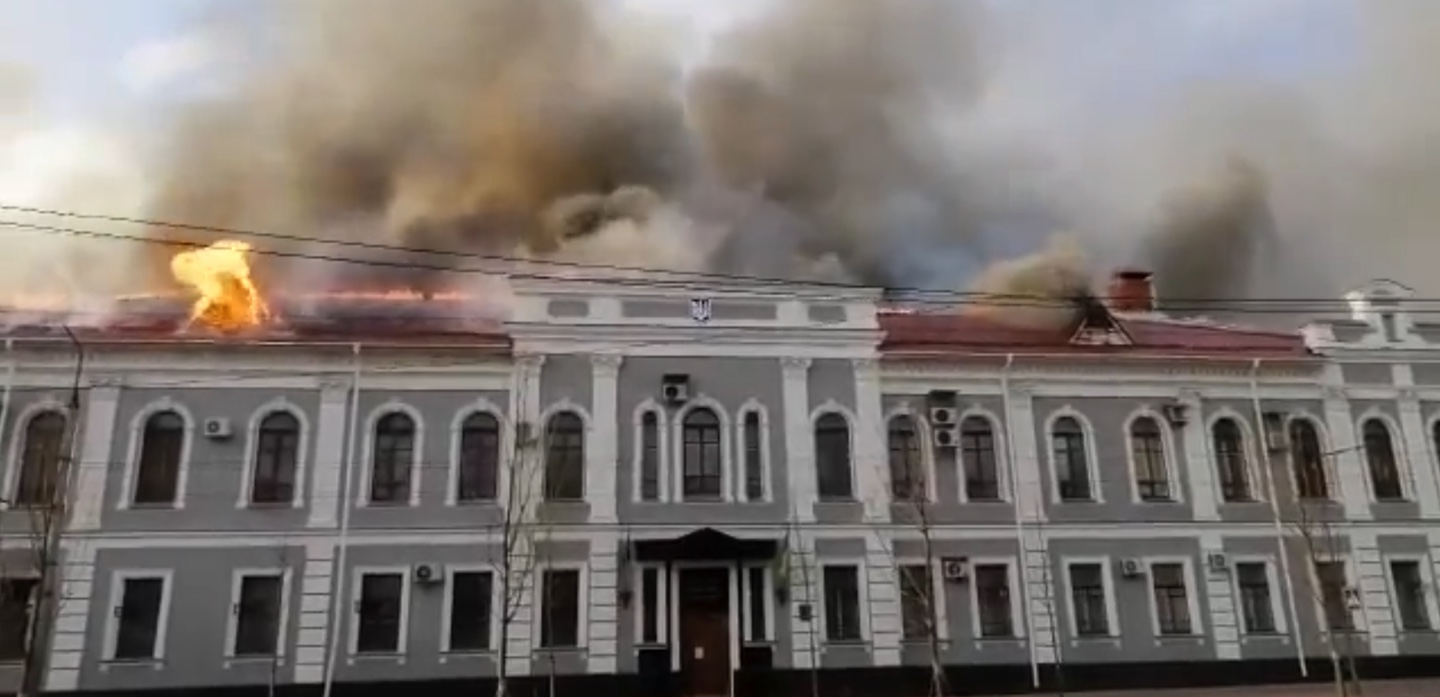
ICC warns of possible ‘war crimes’ in Ukraine
Karim AA Khan, chief prosecutor for the International Criminal Court (ICC), released a statement on the Russian invasion of Ukraine, asserting the ICC’s jurisdiction over “any act of genocide, crime against humanity or war crime committed within the territory of Ukraine.” Khan recalled that Ukraine’s parliament granted the ICC jurisdiction over such matters in 2015 when it passed a declaration addressing “crimes against humanity and war crimes committed by senior officials of the Russian Federation.” Khan’s statement comes as reports from the conflict strongly suggest the possibility of Russian war crimes. Ukraine’s Foreign Ministry claims that Russia has targeted a kindergarten and orphanage, vowing to send evidence of these attacks to The Hague. Social media posts from Kyiv show footage of smoke billowing from residential housing complexes apparently hit by Russian forces. (Photo: Jurist)



